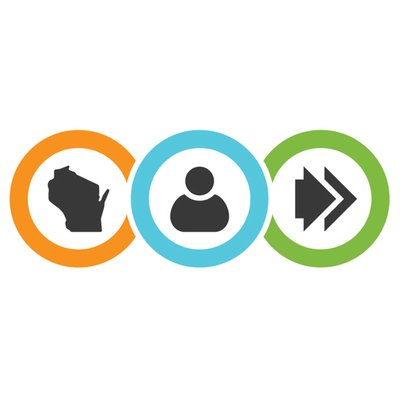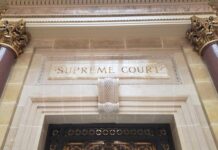Labor and employment attorney Victor Forberger argues that overhauling the UI computer system isn’t going to help the current delay in unemployed people getting their benefits.
The foundation of Gov. Tony Evers’ latest special session bill was to revamp the Unemployment Insurance system.
Evers had sought $5.3 million to begin the work and proposed $79.5 million in his budget to complete the overhaul. The bill the Legislature passed instead directs the Department of Workforce Development to seek and exhaust federal funding first. The agency could then come back to the Joint Finance Committee for additional state funds.
Evers has argued that the computer issues could’ve been addressed by previous administrations and lawmakers over the past decade. Republicans have consistently knocked the guv for not taking action to begin the process, while the administration has argued it didn’t have the power to allocate the needed funding on its own.
But Forberger argued that other states with an outdated COBOL system, such as New Jersey, are running circles around Wisconsin when it comes to paying out claims. He cited that 76.1 percent of Pandemic Unemployment Assistance claims have been paid in New Jersey versus 28.9 percent in Wisconsin.
“It’s four years away. It’s not going to fix anything right now,” said Forberger, who is also a supervising attorney for the Unemployment Compensation Appeals Clinic in Madison. “It’s not just the computer system that’s causing these problems.”
He said instead of the mainframe, it’s the policy and procedure framework that needs to be adjusted. When the pandemic first hit, “every other state” waived issues, while Wisconsin didn’t waive any, which resulted in the historic backlog of unemployment claims.
He offered one example — a bill passed early last month that waived UI charges to employers’ accounts when a claim is related to the public health emergency order declared by the governor. The waiver will last through mid-March. The bill provides that an employer is not required to submit a request for charging relief for initial claims filed through March 13.
While the state made it easier for employers, it hasn’t removed the issue, Forberger said.
“If you say that this job loss is pandemic-related and there are no benefit charges to the employer, then that means the payment isn’t being charged to any employer account. So then you don’t need to actually go ahead and determine if there are any beneficiary or separations that may disqualify any employer in the benefit year because they don’t matter; no one is being charged,” Forberger explained. “Other states wisely said we’re not going to look into any kind of beneficiary or separations either. But Wisconsin is still doing all those … even when the charges aren’t being charged to anyone. It’s mindless work.”
For about 30 years, the Unemployment Compensation Appeals Clinic has been giving free legal aid to people who are having trouble getting their unemployment through DWD.
It’s staffed entirely by law students who are supervised by practicing attorneys at no charge to their clients.
Forberger has been volunteering with the clinic for more than a decade helping students with the cases — from interviewing the client to representing the client in the case. The client interviews were happening at the Labor Temple on Park Street one night a week. Now, all the interviews are happening via virtual conference calls.
“And our caseload has skyrocketed,” he said. “And we are probably helping the most people out of any agency in the state right now.”
The clinic is currently helping about 20 people each week and is experiencing a six-week scheduling backlog.
The unemployment rate had been decreasing steadily from 2010 to 2019. Forberger added that because the claim filing process had become so difficult, people just stopped filing for unemployment benefits and minimum wage work became the unemployment substitute. But with the pandemic, those jobs dried up. As unemployment was seeing record lows in the spring of 2019, the clinic was also seeing less traffic. All of a sudden, it became completely relevant again.
“The need is extraordinary right now,” Forberger said. So much so, that the clinic started a GoFundMe to fill in a gap in funds. The only paid employee, the student coordinator, is working more hours, and because of the pandemic, donor funding dwindles.
The good news is that the Wisconsin hearing backlog remains under 16,000 appeals at the end of January, he said, adding that the number of appeals filed in January was around 3,000. But those who recently appealed will still be waiting months for a hearing. And Forberger warned DWD’s investigations of claims that were already paid will create a whole new wave of cases.
“So this is going to continue to be a very bad situation for a lot of folks,” he said.
-By Stephanie Hoff
WisBusiness.com






